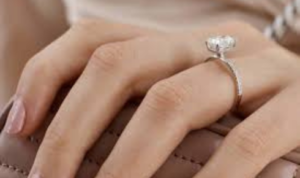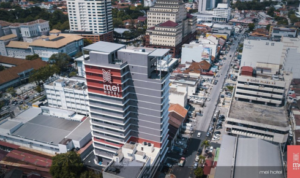In today’s fast-paced commercial landscape, retail management meaning goes beyond merely overseeing a store’s operations. It encompasses a structured process aimed at ensuring customers have a seamless shopping experience while businesses maximize efficiency and profitability. Retail management involves the application of planning, organizing, and supervising skills to oversee retail operations effectively.
The Core Concept
Retail management revolves around the administration of all activities that facilitate the direct sale of goods or services to end customers. From brick-and-mortar stores to online platforms, retail management adapts to diverse settings. Its primary goal is to cater to consumer needs and provide them with value, ensuring satisfaction and loyalty.
Retail managers are tasked with various responsibilities, including inventory control, sales tracking, staff management, and customer service. Their role is pivotal in creating a cohesive link between manufacturers and consumers, ensuring the products reach customers conveniently.
Key Elements of Retail Management
- Store Layout and Design
An effective store layout not only attracts customers but also encourages them to explore more products. Retail management incorporates strategic design to maximize foot traffic and ensure a comfortable shopping journey. For instance, grocery stores often place essential items like milk and bread at the back, encouraging shoppers to walk through the aisles and encounter additional items. - Inventory Management
A well-maintained inventory is vital for retail success. Retail management involves monitoring stock levels, predicting customer demand, and replenishing items promptly. Overstocking or understocking can lead to financial losses, so maintaining the right balance is crucial. - Customer Service
Excellent customer service is a cornerstone of successful retail management. This includes addressing customer inquiries, resolving issues, and ensuring a personalized shopping experience. Happy customers are more likely to return and recommend the business to others. - Sales and Promotions
Retail management plays a significant role in implementing sales strategies and promotional campaigns. Seasonal sales, discounts, and loyalty programs are tools that retail managers use to attract and retain customers. These initiatives must be planned carefully to align with business objectives. - Technological Integration
The retail industry has embraced technology to enhance operations and customer experiences. Point-of-sale (POS) systems, inventory management software, and digital payment methods have streamlined processes. Moreover, data analytics tools help managers understand customer behavior and optimize offerings.
Importance of Retail Management
Retail management is critical for creating a smooth shopping experience while achieving organizational goals. Here are some reasons why it matters:
- Enhances Customer Experience: Effective retail management ensures that customers find what they need easily, fostering satisfaction and loyalty.
- Boosts Sales: Through targeted promotions and strategic placement of products, retail management increases the likelihood of purchase.
- Improves Efficiency: By organizing operations, it minimizes waste, saves time, and reduces costs.
- Facilitates Business Growth: A well-managed retail operation paves the way for scaling and expanding to new markets.
The Future of Retail Management
As consumer behavior evolves, retail management must adapt. E-commerce continues to grow, demanding seamless integration between online and offline platforms. Sustainable retail practices are gaining prominence, with businesses prioritizing eco-friendly products and reducing waste. Additionally, artificial intelligence (AI) and automation are revolutionizing inventory control, customer service, and personalized marketing.
In conclusion, retail management is an essential function that combines art and science to deliver value to customers while driving profitability for businesses. By focusing on the core aspects of operations and embracing innovation, retail managers ensure that their establishments thrive in a competitive market.
















+ There are no comments
Add yours